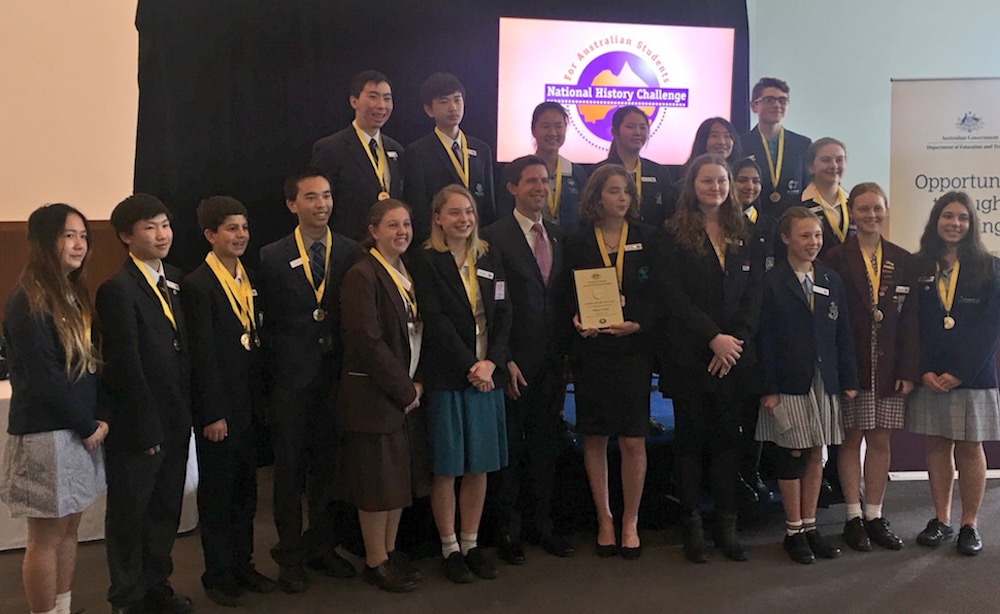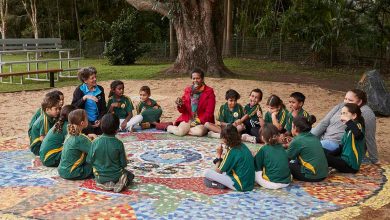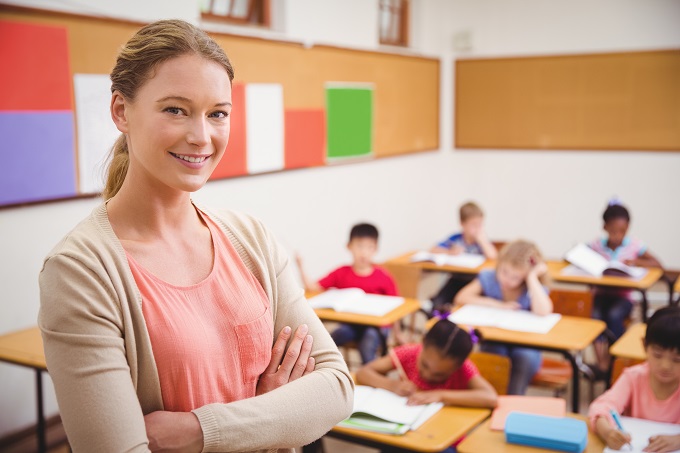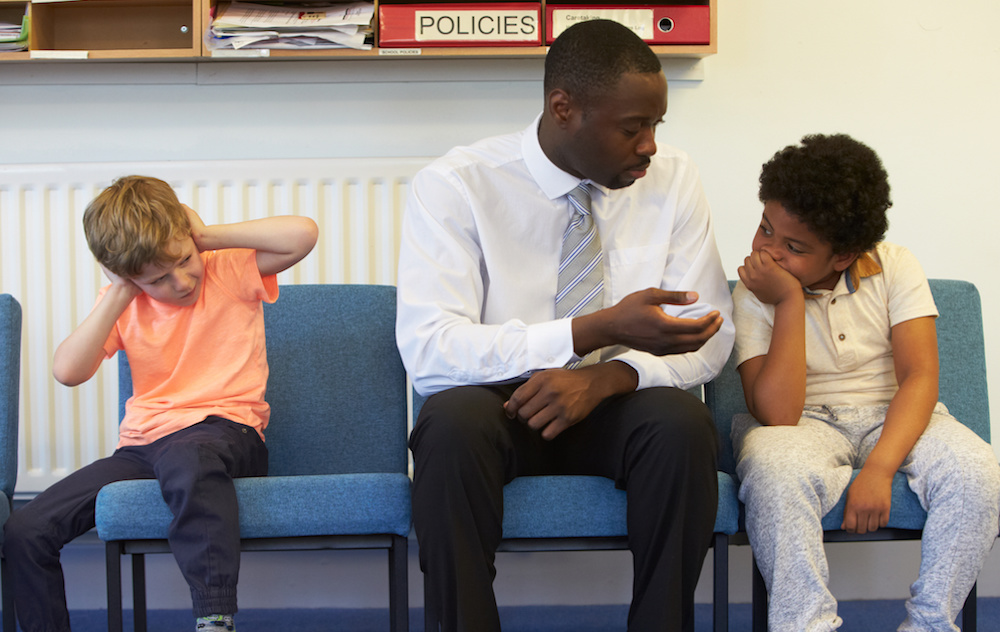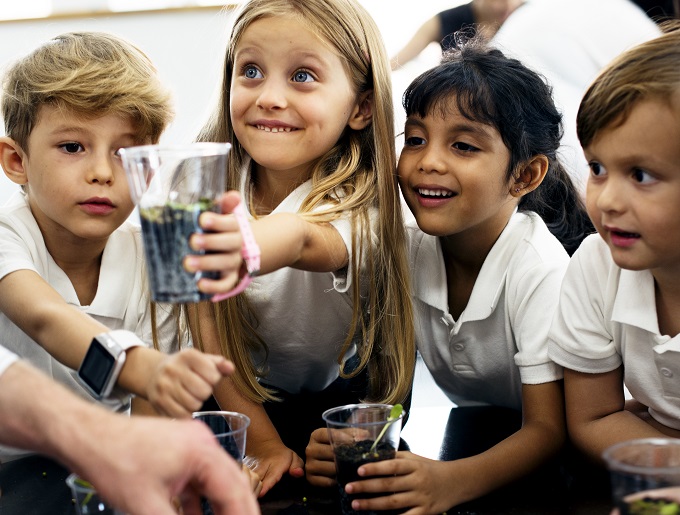
If anyone has a vested interest in environmental sustainability, it’s today’s youth.
Unfortunately, they are growing up in a society that has largely failed to safeguard the Earth for their future. Their generation may be the first to live through dramatic climate change and they will be tasked with switching global economies over from fossil fuels to renewable energy. According to National Geographic, by the end of this century there will be less freshwater due to the loss of glaciers and vast increase in ‘megadroughts’.
This article originally appeared in the Term 1 issue of School News.
So it makes sense that schools should be engaging students not only in environmental sustainability, but in skills like problem solving, adaptability, engineering and creativity. The tide is certainly turning, with more sophisticated sustainability programmes available now than ever before. From on-campus chicken farms and gardens, to solar data analysis, wind farms and school trips to farmer’s markets, the sky’s the limit for a curriculum-integrated school programme.
Sustainability features in the national curriculum, first The Australian Curriculum specifies sustainability “as a priority for study that connects and relates relevant aspects of content across learning areas and subjects”. Learning areas pinpointed include English, mathematics, science, humanities and the social sciences, arts, technologies, health and physical education, languages and work studies. With cross-curricular projects and programmes, the goal is for students to “develop the knowledge, skills, values and world views necessary to contribute to more sustainable patterns of living”.
Reflective thinking processes are a key concept in the curriculum’s emphasis on sustainability. Critical reflection should empower students to design action that will make a positive difference in working towards a sustainable future.
In order to integrate a sustainability project or programme into the curriculum, teachers need to make sure that students have enough opportunities to plan, put in place, and enact what they have learned about the need for sustainability and potential for innovation.
For instance, in a school-based recycling initiative students should be tasked with hypothesising, developing and trialling multiple systems or changes to the current school recycling system and they should examine the cause for inefficiency in the current system. It would not necessarily be enough to meet curriculum criteria for a student project just to pitch a suggestion as this would not require as much ‘reflective thinking’.
What schools are getting up to this term
It’s been a couple of years since a Tasmanian high school won the Zayed Future Energy Prize for its solar-based energy saving initiative to turn itself into a carbon neutral school. Since then, sustainability programmes have been popping up all over Australia and around the world. Competing for the 2019 prize this year, Fiordland College of New Zealand was named a global high school finalist for proposing to build a student-run energy park integrating solar, water, wind and energy, while combining functionality with art via energy-generating culturally-inspired sculptures. The winning school was Muntinlupa National High School, in The Philippines, which proposed to build a solar-powered micro-farm with photo-bioreactors to promote efficient algae cultivation for algae products.
Getting a school garden started
School gardens can be a great tool for cross-curricular sustainability projects as they can integrate into so many learning areas. What better place to take a class for creative writing or quiet reading? Of course, there are obvious uses for science and STEM activities, but making use of garden vegetables in the kitchen can benefit food technology programmes, health and physical education, even business studies or economics projects. Pick a teacher to be ‘garden manager’ and delegate tasks to groups of students. Perhaps create a sustainability task force of older children who can make caring for the garden a whole-school affair.
Whatever you decide to do (or have already been doing!) let us know! We love to feature sustainable schools doing interesting things.

